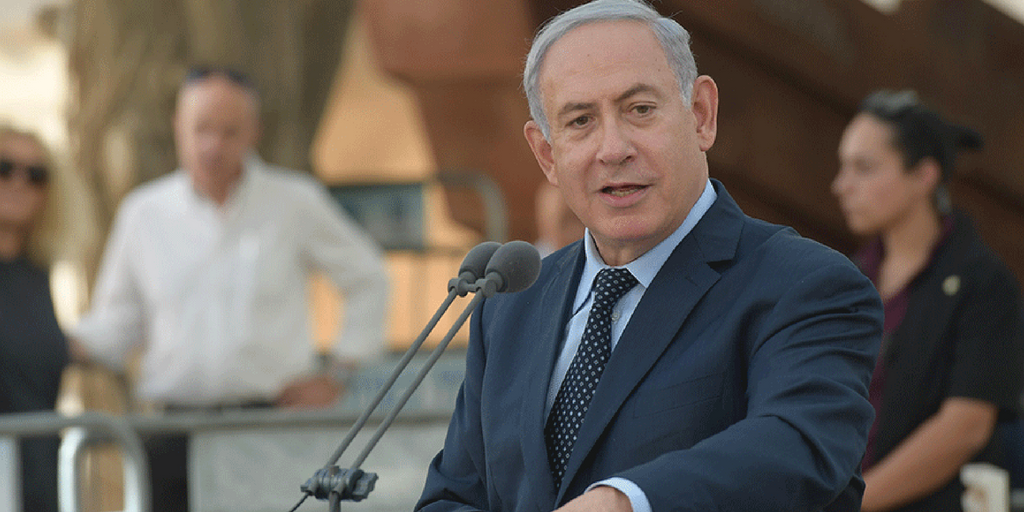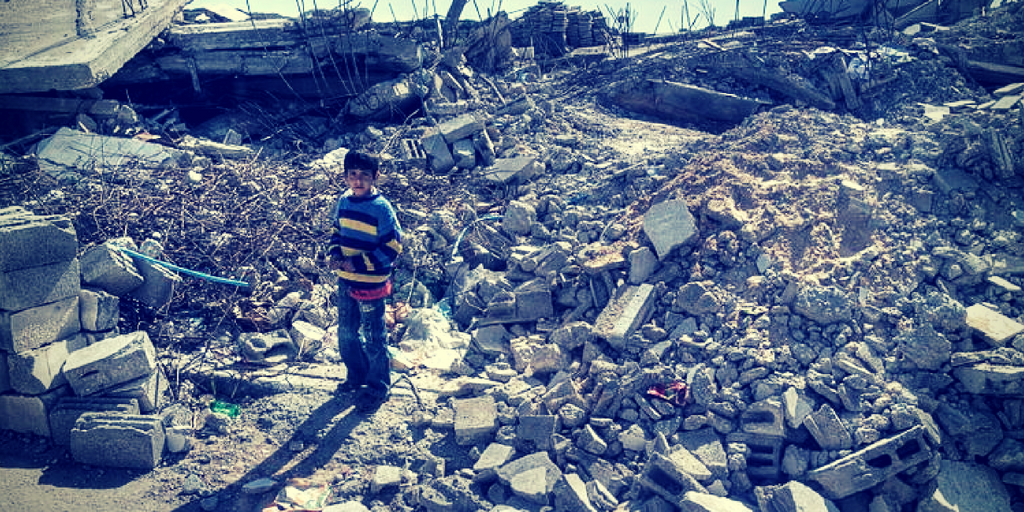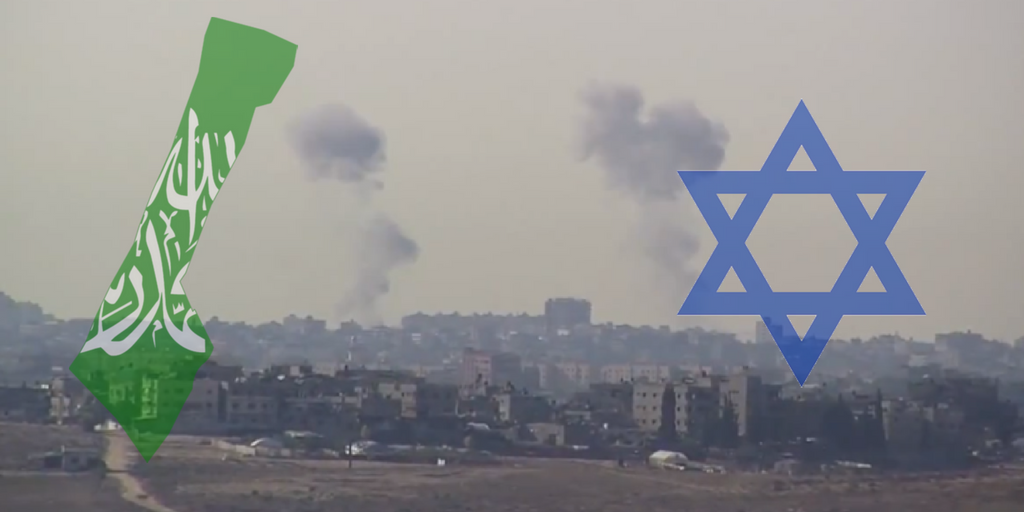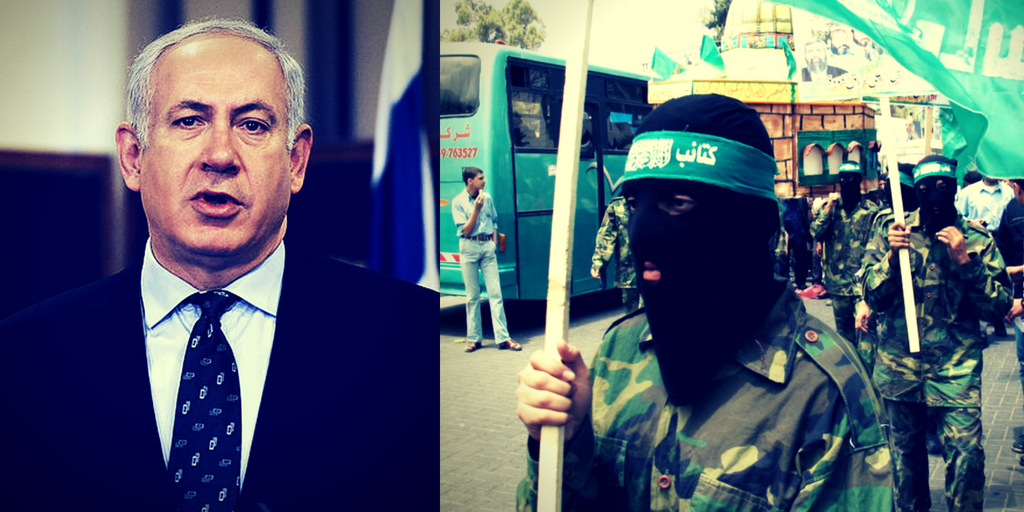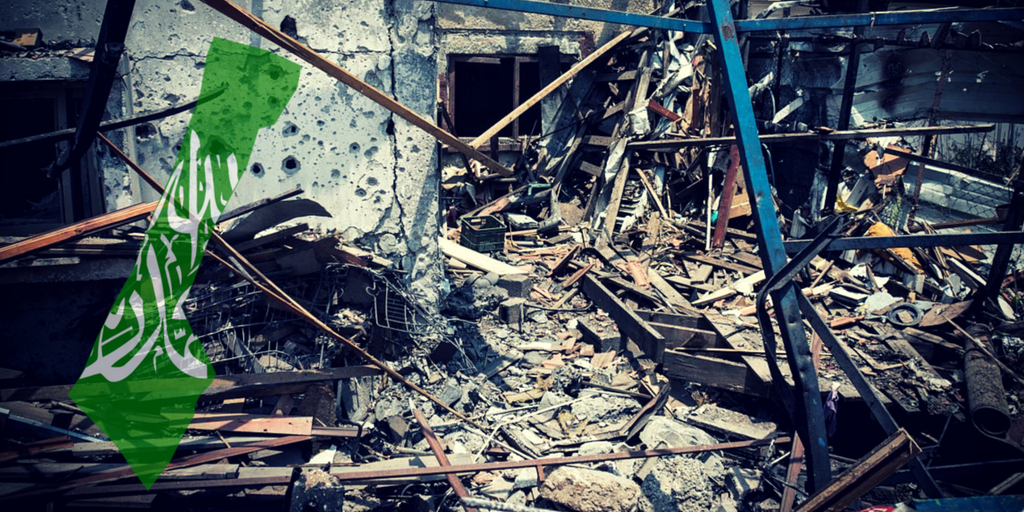As calm began to return to the Gaza belt communities, Prime Minister Netanyahu touched on the IDF’s response the attacks by Hamas.
“Since yesterday the IDF has strongly retaliated against the firing from the Gaza Strip and has hit dozens of terrorist targets in the severest blow we have landed on them in years,” the Prime Minister Netanyahu stated at a ceremony for the victims of the Atalena.
“The Hamas regime, Islamic Jihad and the other terrorist organizations, inspired by Iran, that are responsible for the escalation. I will not detail our plans because I do not want the enemy to know what to expect. But one thing is clear: When they test us, they pay immediately. And if they continue testing us, they will pay dearly.”
“I salute the fighters of the IDF and the security forces and I commend the resilience of the residents of the south.”
As of tonight, the IDF’s strategy of hitting hard and early to prevent a cascading conflict appears to be working as Hamas has stopped firing rockets. Given the fluid situation anything is possible, but it appears that Hamas is rethinking its offensive.

